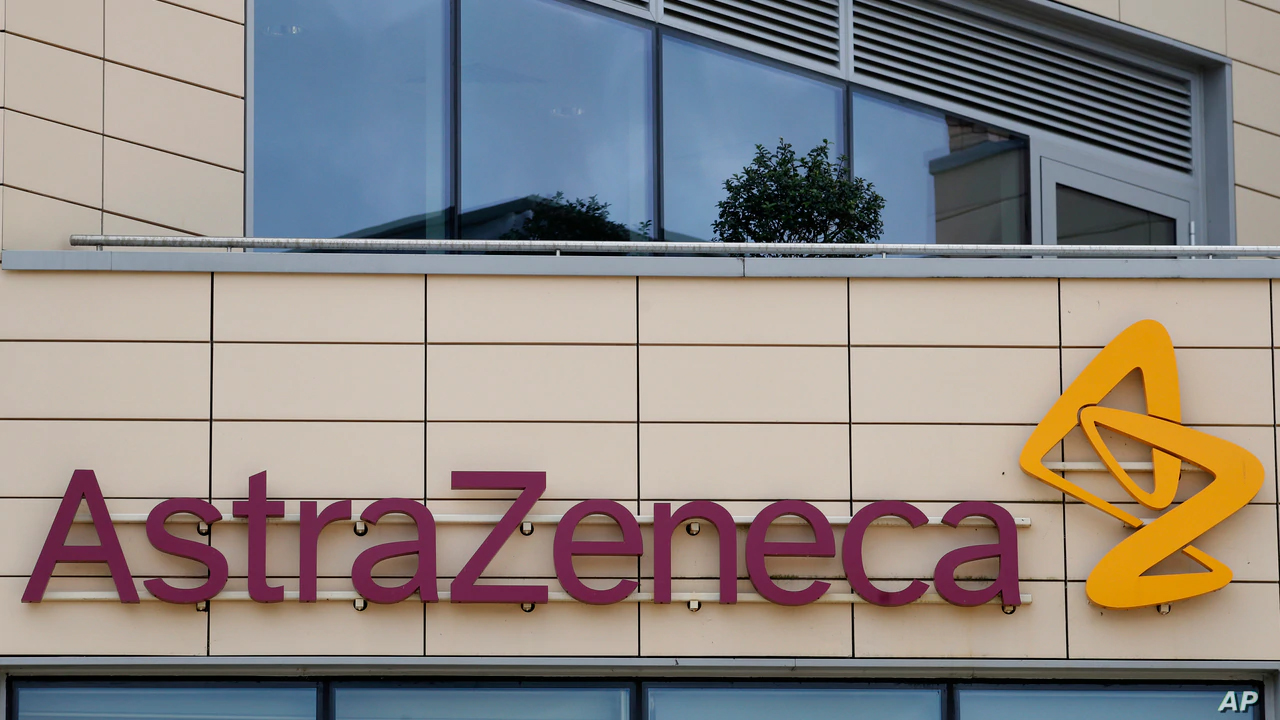The National Medical Products Administration (NMPA) has approved a dosing label update in China for AstraZeneca’s Lokelma (sodium zirconium cyclosilicate) to include patients with hyperkalaemia on chronic haemodialysis.
The approval by the NMPA was based on data from the Phase IIIb DIALIZE trial, the first-ever randomised, placebo-controlled trial to evaluate a potassium binder in patients on stable haemodialysis. The trial showed sustained potassium control pre-dialysis for more patients receiving Lokelma, compared with placebo.
Lokelma was approved for the treatment of adult patients with hyperkalaemia in China by the NMPA in December 2019.
Mene Pangalos, Executive Vice President, BioPharmaceuticals R&D, said: “In China, more than 550,000 patients with chronic kidney disease on haemodialysis are at risk of developing hyperkalaemia, which can, in turn, lead to arrythmias and cardiac arrest. Today’s label update provides guidance to manage hyperkalaemia in this high-risk patient population, potentially enabling improved long-term treatment and overall kidney care.”
In DIALIZE, 41% of patients receiving Lokelma maintained pre-dialysis potassium levels on at least three out of four dialysis treatments after the long interdialytic interval and did not require urgent rescue therapy. This compared with 1% of patients receiving placebo, making it a statistically significant and clinically meaningful improvement (p<0.001). The safety profile of Lokelma observed in DIALIZE was consistent with previous trials.
Lokelma is a highly selective, oral potassium-removing agent currently approved in a number of markets across the globe including the US, China, EU and Japan for the treatment of hyperkalaemia.
Earlier this year, the US Food and Drug Administration (FDA) and the European Commission (EC) approved label updates in the US and EU, respectively, to include a dosing regimen specifically to treat hyperkalaemia in patients with end-stage renal disease on chronic haemodialysis.

 The NMPA has approved a dosing label update in China for AstraZeneca’s Lokelma to include patients with hyperkalaemia on chronic haemodialysis.
The NMPA has approved a dosing label update in China for AstraZeneca’s Lokelma to include patients with hyperkalaemia on chronic haemodialysis.









.jpeg)








.png)
.png)

.png)
.png)
.png)

.png)
.png)
.png)

.png)
.png)